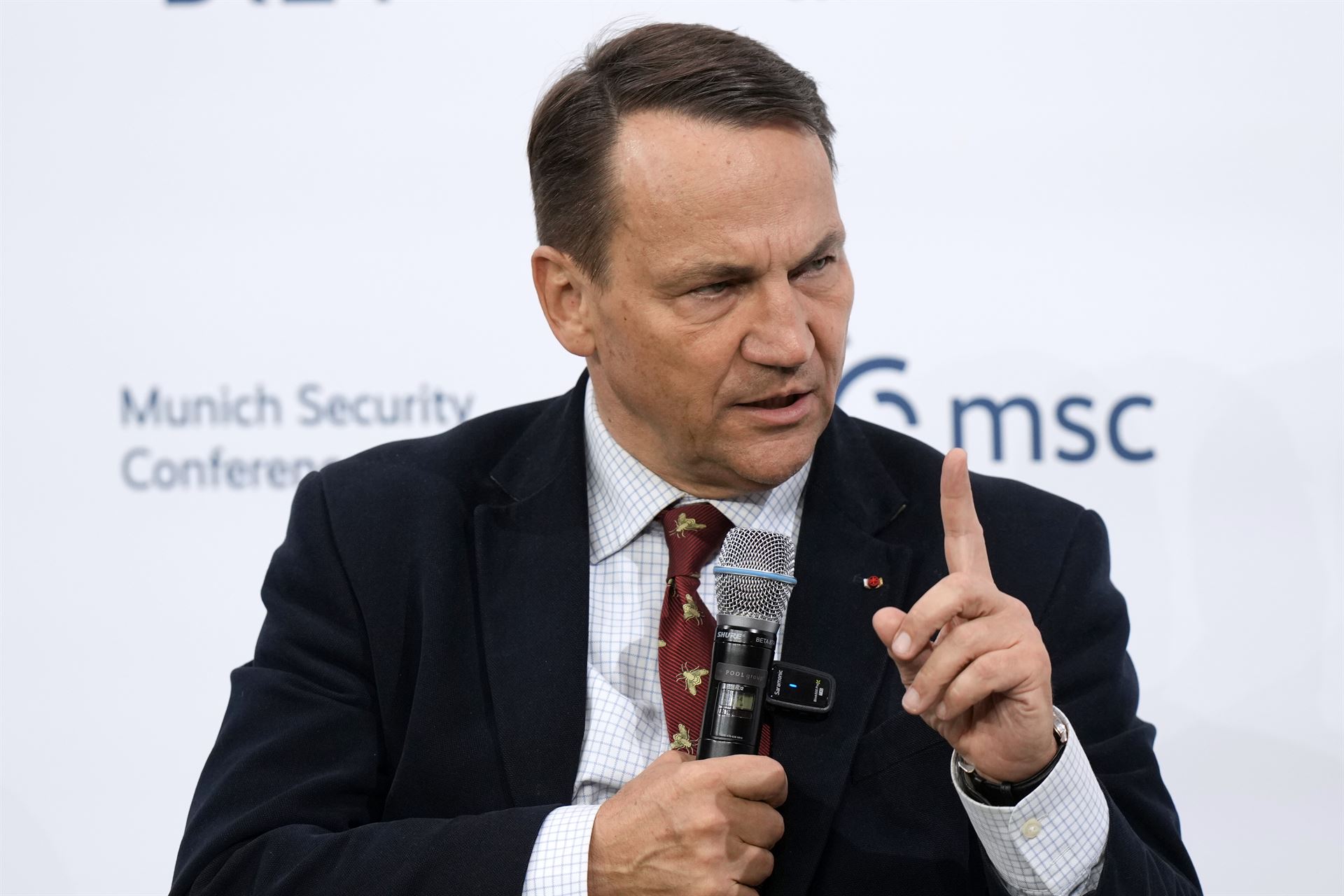
TEHRAN - Iran's Foreign Ministry summoned Poland's charge d'affaires to formally protest remarks by Polish Foreign Minister Radoslaw Sikorski regarding Iran, state news agency IRNA reported on Monday.
The Polish diplomat, Marcin Wilczek, said he would relay Iran's protest to the Polish Foreign Ministry, according to IRNA.
ALSO READ: 'Iran acquiring technology to build nuclear power plants despite sanctions'
The Wall Street Journal (WSJ) reported that Sikorski, during his ongoing visit to the United States, said that "there is an axis of aggression between Iran and Russia," accusing Iran of "sending death and destruction into all directions" and calling for "jointly, directly facing the threat and removing it."
READ MORE: Iran calls on Qatar to return $6 billion funds despite US pressure
The WSJ also mentioned that Sikorski helped deliver an Iranian Shahed drone to the United States, which was allegedly used by Russia in Ukraine and is going to be showcased at the Conservative Political Action Conference (CPAC) happening this weekend in Washington.
US media alleged the drone model had been used by Russia in Ukraine and in an attack on a US base in Jordan in January 2024 that killed three American servicemen.
READ MORE: Iran unveils new domestically produced weapons during military drill
Iran's permanent mission to the United Nations in New York responded Friday on social media platform X: "There is no legal prohibition on its (Shahed 136 drone's) sale."
"Any country that commits to refraining from using it in acts of aggression against another state is eligible to purchase it," the Iranian mission said.
Western countries have accused Iran of supplying suicide drones to Russia for use in Ukraine. Iran has consistently denied these claims as "baseless", stating it provided only "a limited number" of drones to Russia months before the Russia-Ukraine conflict began.



